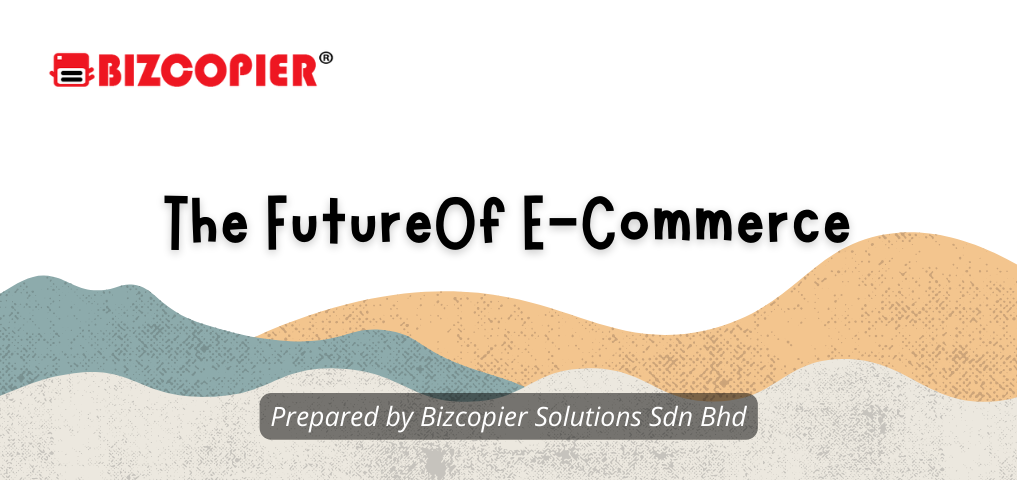
The landscape of e-commerce is constantly evolving, driven by technological advancements and changing consumer behaviors. As we look to the future, it becomes clear that e-commerce will continue to play a significant role in the retail industry. In this article, we explore the emerging trends and technologies that are shaping the future of e-commerce and revolutionizing the way we shop.
Artificial Intelligence (AI) and Personalization: AI is transforming the e-commerce experience by enabling personalized product recommendations, chatbots for customer service, and virtual shopping assistants. Advanced algorithms analyze customer data to understand preferences and provide tailored recommendations, making the online shopping experience more intuitive and efficient.
Augmented Reality (AR) and Virtual Reality (VR): AR and VR technologies are bridging the gap between online and offline shopping. Customers can virtually try on clothing, visualize furniture in their homes, or explore products in a simulated environment. These immersive experiences enhance engagement, reduce product returns, and provide customers with a more interactive and accurate representation of the items they are interested in purchasing.
Voice Commerce and Smart Speakers: The rise of smart speakers and voice assistants has given birth to voice commerce, allowing customers to make purchases using voice commands. With devices like Amazon Echo and Google Home, users can add items to their shopping carts, reorder products, and even get personalized recommendations, all through voice interactions. As voice recognition technology advances, voice commerce is expected to become more prevalent.
Mobile Commerce and Progressive Web Apps (PWAs): Mobile commerce has become a dominant force in e-commerce, with smartphones and tablets being the primary devices for online shopping. Progressive Web Apps (PWAs) are web applications that combine the best features of websites and native apps, offering fast loading speeds, offline capabilities, and a seamless user experience. PWAs are poised to become a popular choice for e-commerce businesses, enabling them to provide app-like experiences without the need for users to download and install dedicated applications.
Blockchain and Secure Transactions: Blockchain technology is gaining traction in e-commerce, particularly in the realm of secure transactions and supply chain management. By leveraging blockchain’s decentralized and transparent nature, e-commerce platforms can enhance trust, reduce fraud, and streamline the verification process for payments and product authenticity. Smart contracts based on blockchain technology also have the potential to automate various aspects of e-commerce, such as order fulfillment and dispute resolution.